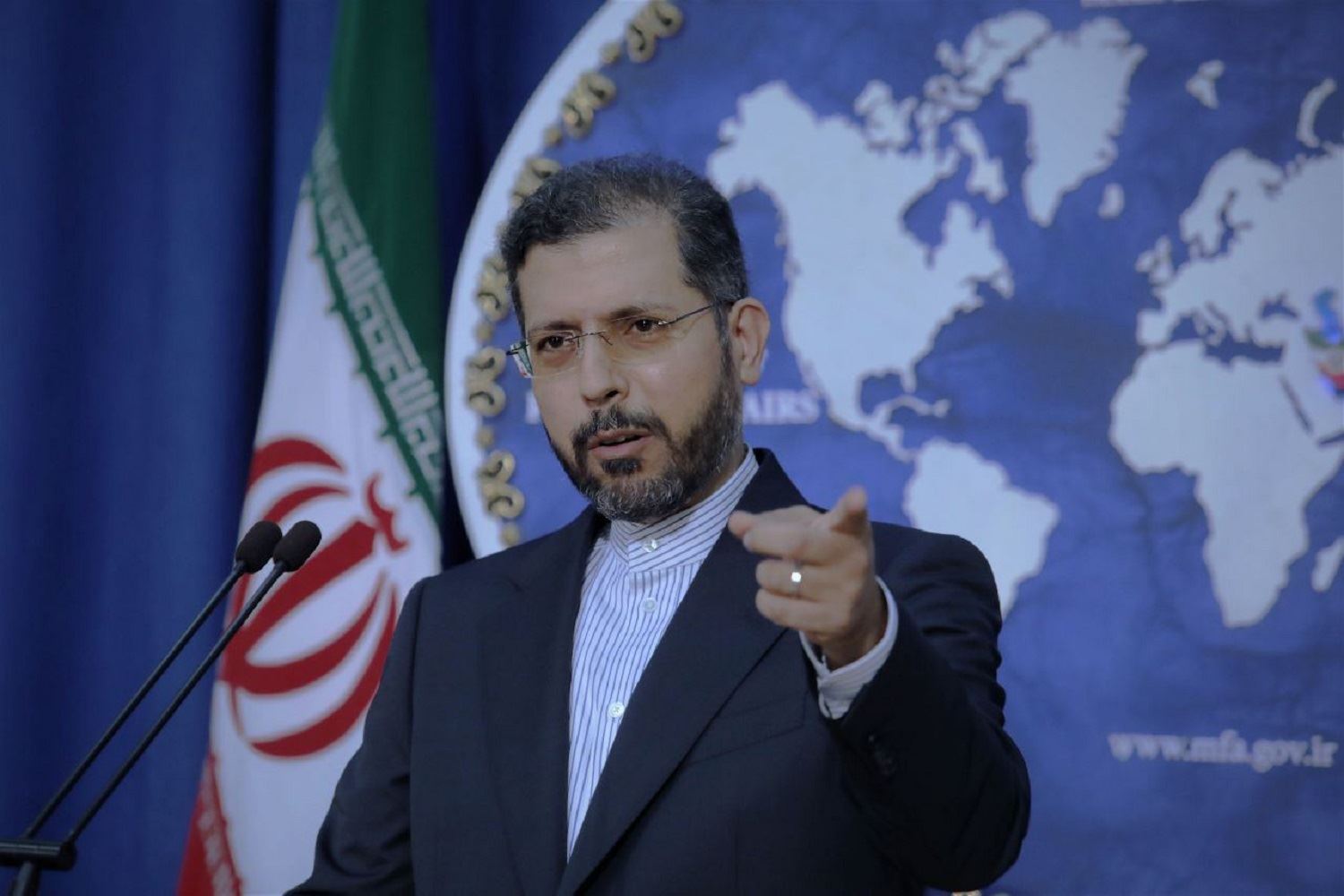NOVANEWSBy Finian Cunningham
|
|
Increasing attacks on Shia mosques in the Bahraini state’s withering crackdown against the pro-democracy movement is a deliberate attempt to isolate the political opposition and amounts to a campaign of “sectarian cleansing”, say human rights groups.
|
|



